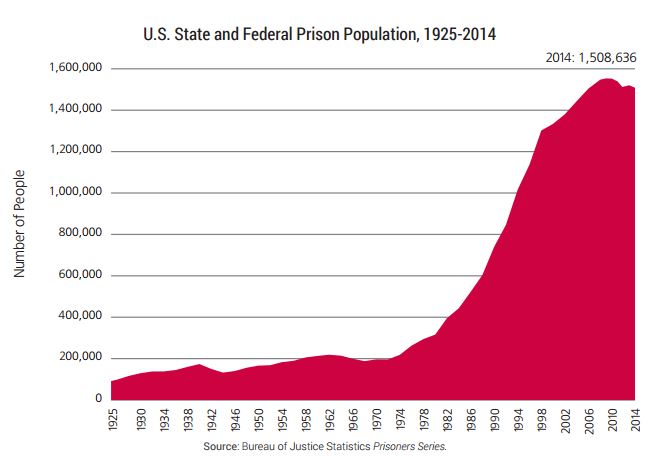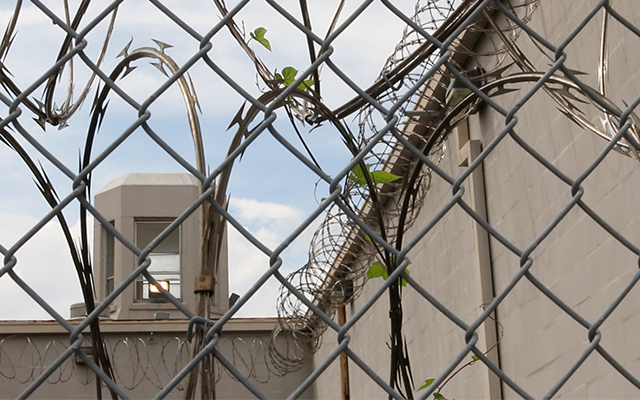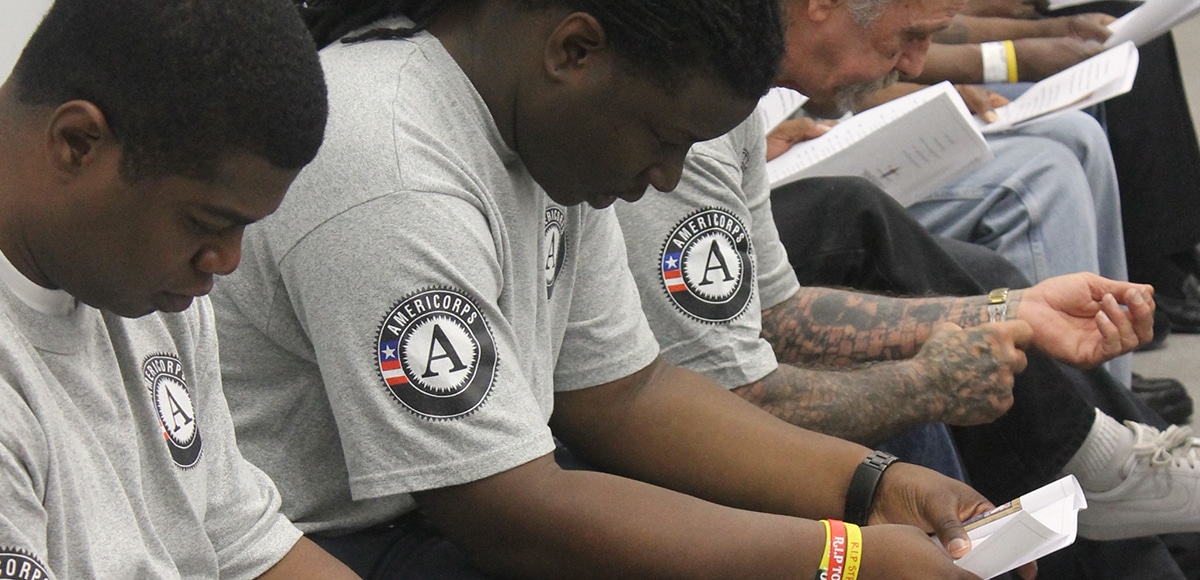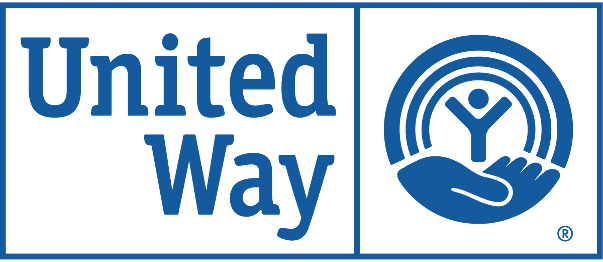The United States prison population has increased 500% in the last forty years with the current number of American inmates nearing 2.3 million.

The U.S. state and federal prison population has increased dramatically over the last forty years. Source: The Sentencing Project
Understandably, trust is put into the Justice System to rehabilitate prisoners and in turn make communities safer and stronger. However, mass incarceration has had a severe, negative impact on both those who served time. This also has a negative impact on society as a whole.
Without question, incarceration is life changing.
Those 2.3 million individuals have lost their jobs, homes, family connection and freedom. While a prison sentence is supposed to be rehabilitating, many prisoners fall into a cycle of crime due to either being pulled into gang activity, or simply turning to illegal activities for financial aid.
Roughly 600,000 prisoners are released each year, but did they come out healthier than when they were incarcerated?
The answer, unfortunately, tends to be “no.” Whether it is physical health or mental health, inmates are at risk of exiting prison unhealthier than they went in.
For example, in 2010, inmates were five times more likely to be infected by HIV than the general population. Approximately 10 percent to 20 percent of inmates suffer from a serious mental illness, which is often made worse during incarceration.

Along with health issues, many prisoners are released back into society without being properly rehabilitated and with a severe lack of resources.
Homelessness, joblessness and a lack of family connections often set a newly released inmate up for re-offending.
On average, over a five-year period, 76.6 percent of released inmates will return to prison. Consequently, society is being asked to pay for millions of prison sentences that are truly not rehabilitating inmates.
Communities pay the price of mass incarceration.
Economics aside, the toll that mass incarceration takes on communities is immeasurable.
Children losing one or more parent to incarceration can set a child up for a life of poverty and detrimental mental health issues.
Further, communities that suffer from a high rate of mass incarceration often are impacted by “zero-tolerance” policies in schools. Thus, children often experience their first arrest in their early teenage years. This means that they quickly find themselves on a path of repeated incarceration.
One of the most heartbreaking pieces of the mass incarceration story is the repeated injustices that inmates find themselves faced with.
1 in 5 individuals serving time in federal prison was charged with a drug offense. Almost 3 percent of black male U.S residents of all ages were imprisoned in 2013.
When released and searching for a job, many felons aren’t even given the chance to apply to many jobs.
Clearly, the odds are stacked against a certain segment of society.
CCANO works tirelessly to help released inmates readjust to society, as well as to make significant legislative changes.
Catholic Charities’ approach to restorative justice is inherently community based: integrating released inmates back into society requires community support.
Whether it be through volunteering with one of Catholic Charities’ restorative justice programs or donating to help keep our services running successfully, the help of the New Orleans community is imperative to the success of our programs and the success of our clientele.
While mass incarceration might not affect everyone directly, it most certainly affects many aspects of our society.
It might seem difficult to bring about systemic change. However, even a small donation to CCANO will support our life-changing programs and help bring justice to many at-risk individuals.
Learn how you can volunteer or donate to one of our programs. There are many ways to give and support our work in your community.
Not only are we appreciative — so are the thousands of individuals who are directly helped by our services.






